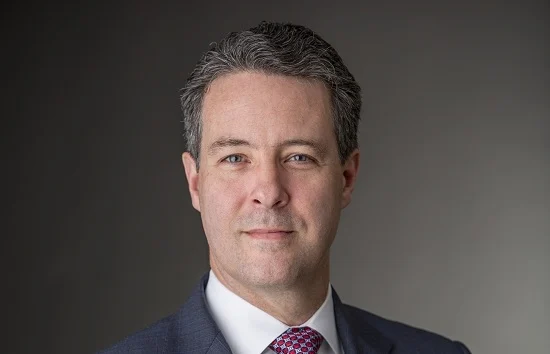US Treasury mandate to accelerate self-clearing: report
17th September, 2025|Narayani Srinivasan

The planned introduction of the US Treasury clearing mandate next year is prompting hedge funds and proprietary trading firms to take a more active role in clearing their trades, a new study from Acuiti has concluded.
Market intelligence firm Acuiti, in partnership with FIS, released this week a report titled ‘Margin Management and the Rise of Self-Clearing’.
The report, based on a survey and interviews with 64 senior executives from hedge funds, asset managers and proprietary trading firms, said that 75% respondents attributed the SEC Treasury clearing mandate as a key driver for self-clearing.
The SEC Treasury mandate, which requires the majority of US Treasury market transactions to be cleared through an SEC-approved CCA, aims to enhance market transparency, reduce counterparty risk and increase the intermediation capacity of dealers. The SEC has mandated that CCAs must implement their revised policies and procedures for the new rule by September 30, before the mandate takes effect for US cash Treasuries at the end of next year.
“With the US Treasury clearing mandate acting as a catalyst, we expect the self-clearing trend to accelerate further over the next five years, although the number of exchanges that firms self-clear on is likely to remain limited,” said Acuiti head of research Ross Lancaster.
About 44% of respondents to the Acuiti study said they were exploring or interested in the self-clearing model. The rise in self-clearing trend could also lead to a significant number of firms seeking clearing memberships, according to the report.
Around 69% of respondents reported having taken greater control over margin calculation and payment in the past five years. Intense volatility over the past five years has resulted in significant spikes in margin requirements which have led firms to invest in modelling and predicting margin calls to gain greater visibility and control, the reported stated.
The report also stated the shift towards cloud-based hosting of technology is gaining momentum. Around 40% of the respondents said they host their core post-trade and risk management functions in the cloud for operational resilience, scalability and cost-efficiency.


